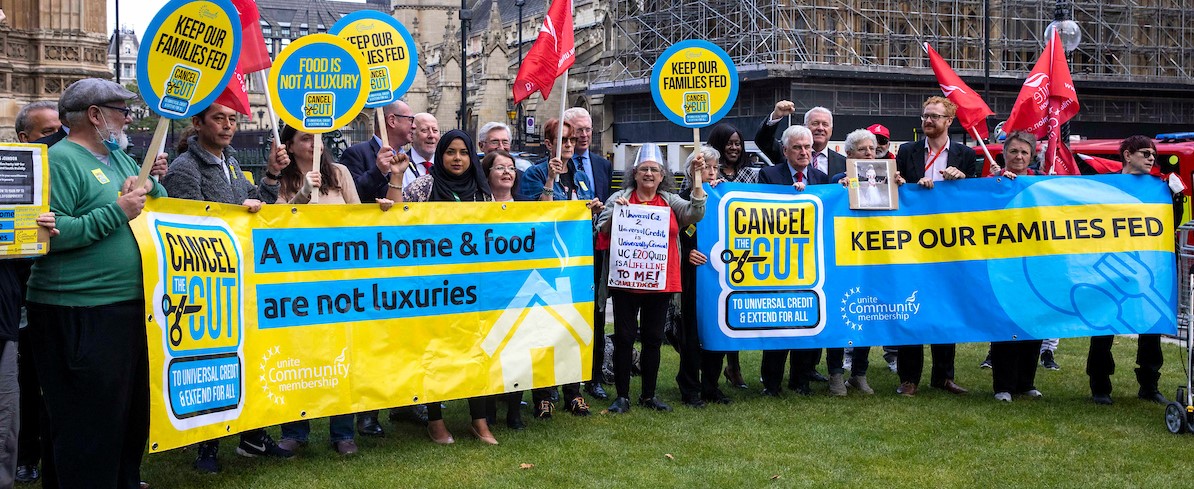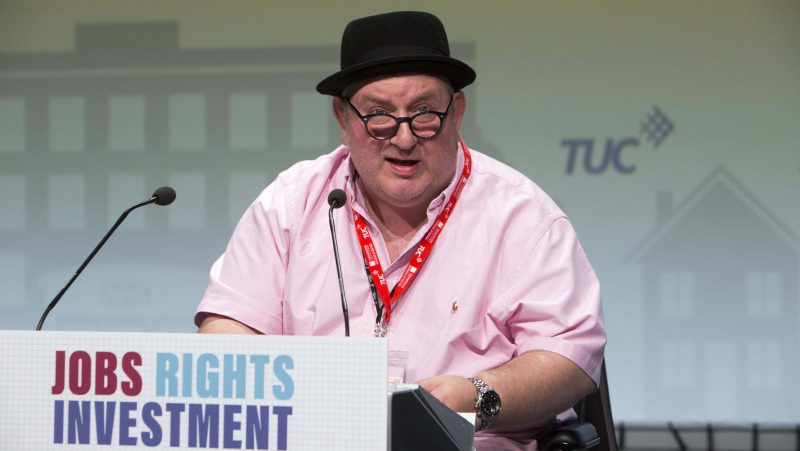Mind the disability gap
The employment gap between disabled and non-disabled people has hit 31 per cent, having remained stubbornly above 30 per cent since 2008.
Progress in reducing the gap remains stuck, with less than half of all disabled having a job – 48 per cent – compared to 79 per cent of non-disabled people in work.
According to new research from the TUC just one in five (20 per cent) of those with learning difficulties, less than one in four (22 per cent) with mental illness or phobias, and only one in three (33 per cent) of those who suffer from depression or anxiety are in work.
The research highlights the reluctance of some employers to make â€reasonable adjustments’, as well as the government’s failure to extend effective schemes such as “Access to Work”, as being part of the problem.
The TUC has launched a new manifesto to promote equality for people with disabilities. The manifesto calls for a variety of actions to promote disability equality both in the workplace and in wider society, including:
- Proper interpretation of the reasonable adjustment duty
- More employment rights and decent pay and conditions for carers
- A British sign language Act
- Improving legal recognition of disability hate crime
“Far from being a friend of disabled workers, this government has shown its true colours by a series of measures that have hit them in the home, in the workplace and in education,” said Frances O’Grady, TUC general secretary.
“Unions are working hard to win decent pay, opportunities to training and promotion at work for disabled people,” she added.
She went on to say, “disabled people deserve a fair deal at work and the chance to participate and progress in all areas of life.”
Asked what needs to be done Frances believes, “We need to change the approach to disability and remove the barriers that prevent disabled people participating, rather than focus on what an individual cannot do.”
Unite national officer for equalities, Siobhan Endean, welcomed the TUC manifesto saying, “The social model of disability is at the heart of the manifesto; a concept that the government would do well to grasp by listening to disabled people about how we can break down the barriers and discrimination that disabled people face.”
Blood on its hands
“The Tory government has blood on its hands in terms of the impact of devastating cuts that disabled people have faced in recent years. There is far too little help and far too much discrimination,” she added.
The government is cutting facility time for trade union reps to provide support and representation to disabled workers, tackling disability discrimination in the work place and negotiating reasonable adjustments that make workplaces more accessible to disabled workers.
“This government has cut and capped the Access to Work fund which provides disabled workers with practical support such as British sign language interpreters at work, making it harder for disabled people to find and keep a job,” said Siobhan.
Vulnerable
The government has also closed the Independent Living Fund, which gave severely disabled people support to enable them to live at home, leaving them isolated and vulnerable.
“The DWP is denying people benefits they are entitled to and putting them through a punishing sanctions regime before they get paid leaving disabled people destitute,” added Siobhan.
“Disabled people have died waiting for benefits under this government’s shameful watch,” she added.
Siobhan went on to explain how the Tory government has created a climate of fear and division wrongly blaming disabled people who may claim benefits for the state of our economy.
“If the government really wanted to make a difference it would strengthen rights for the disabled rather than put punishment regimes in place,” she said.
Tackling the scourge of disability discrimination in employment and ensuring employers provide accessible workplaces and decent terms and conditions of employment for disabled workers should be a priority.
“The government needs to provide statutory rights for trade union equality reps to support disabled people in the work place,” said Siobhan.
“”They must also take effective action against disability hate crime which is on the rise and remains under reported,” she added.
Rebuilding an effective system of social security funded by our national insurance contributions that provides a safety net of income when we are unable to work should also be a priority.
“Disability equality needs to be on the political agenda in a positive way. The TUC manifesto is a fantastic campaigning tool, we can only hope this government begins to listen,” commented Siobhan.
Stronger rights
Howard Beckett, Unite’s head of legal services also spoke to UNITElive about the importance of stronger rights to tackle disability inequality.
“It must go hand in hand with giving greater access to justice so those rights can be enforced,” he said.
The huge hike in employment tribunal fees in July 2013 resulted in a massive drop off in employment tribunal cases in general. Equality cases saw the biggest fall off in numbers.
“Since then making a claim at tribunal costs £250 plus an extra £950 for a hearing,” Howard explained.
“These fees are denying access to justice for working people, including those facing disability discrimination,” he said.
Access to justice in the UK is being limited across the board.
“Increasingly you can only try and get justice if you have the money – the UK equivalent of what the Americans call ‘dollar justice’,” said Howard.
“At the moment the government – through the DWP – is attacking people with disabilities claiming they want more in work but at the same time they are limiting access to justice through the huge increase in tribunal fees if they face discrimination in the workplace because of their disability,” he added.
 Like
Like Follow
Follow


